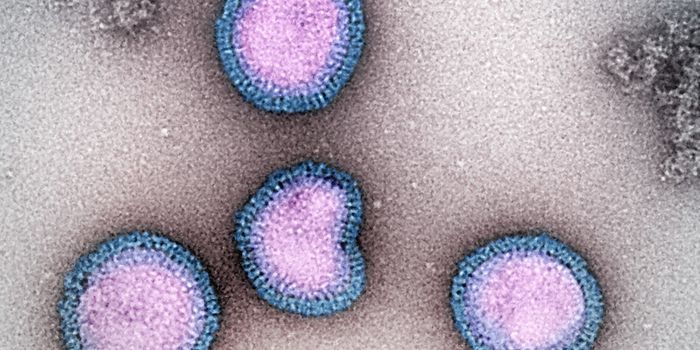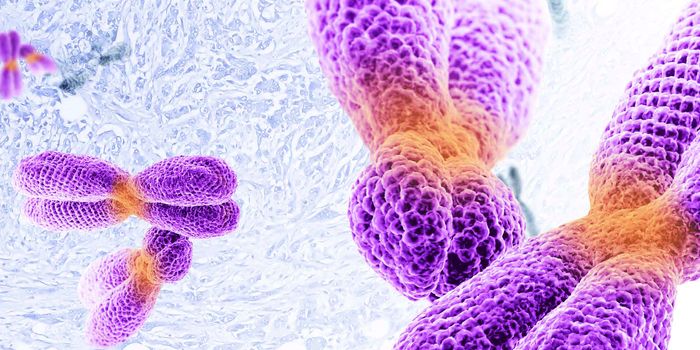New Biomarkers Reveal More About Unexplained Chronic Itch
There are millions of people around the world who deal with chronic itching that has no clear cause, a diagnosis known as chronic pruritus of unknown origin (CPUO). This itching tends to occur in older adults, and lasts more than six weeks. There have been no treatments for this condition, but a new study may change that. In this work, which was published in Scientific Reports, investigators found that the levels of certain metabolites were abnormally low in the blood plasma of CPUO patients. These metabolites may help scientists identify a cause for the disease and new ways to treat it.
There was a specific lack of certain biomarkers, including certain amino acids, for example, as well as a lack of molecules that are related to the regulation of immunity in CPUO patients compared to healthy controls, noted corresponding study author Shawn Kwatra, MD, a Professor and Chair of Dermatology at the University of Maryland School of Medicine, among other appointments. "This is an exciting finding because it provides novel insights into the cause of this condition and identifies potential future therapeutic targets to consider."
There were nine amino acids that were deficient in the patients' blood plasma samples compared to healthy individuals. The deficit of these biomarkers also correlated with the severity of the patients' itchiness.
Previous research in a mouse model has linked lower levels of these amino acids to itchiness as well. These amino acids are used to make many molecules, including some neurotransmitters that are involved in the itch response and allergic reactions in the skin. When the mouse model was treated with antidepressants that can raise the levels of certain neurotransmitters, like serotonin, itch symptoms were reduced.
"Many of these biomarkers that we found in depleted amounts in the blood of CPUO patients, like tryptophan and glycine, could contribute to the underlying pathogenesis of this condition, but we certainly need larger studies to investigate this further," said Kwatra.
Previous work by Kwatra and colleagues showed that an anti-inflammatory drug called abrocitinib, which is already approved for eczema, can also reduce itch symptoms in patients with CPUO, or another skin disorder that causes itchiness, called prurigo nodularis.
Kwatra's team has also demonstrated that a monoclonal antibody known as nemolizumab can treat prurigo nodularis effectively. The US Food and Drug Administration (FDA) approved the treatment. The drug is now among the first FDA-approved treatments for this disorder, which has a disproportionate impact on Black Americans.
Sources: University of Maryland School of Medicine, Scientific Reports









